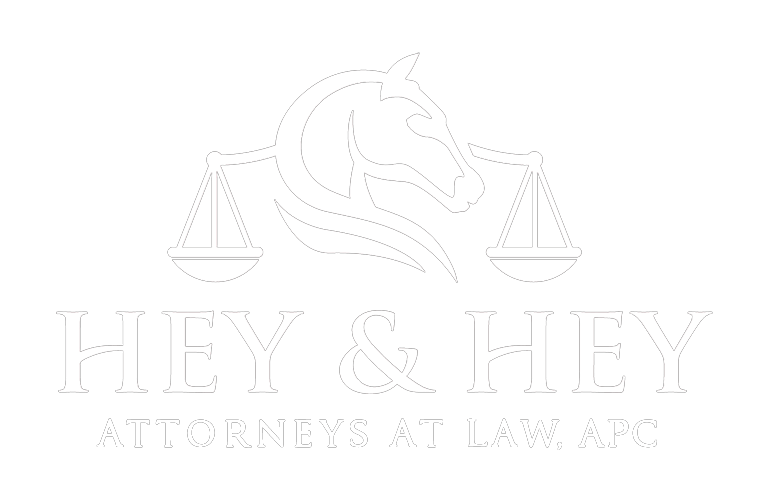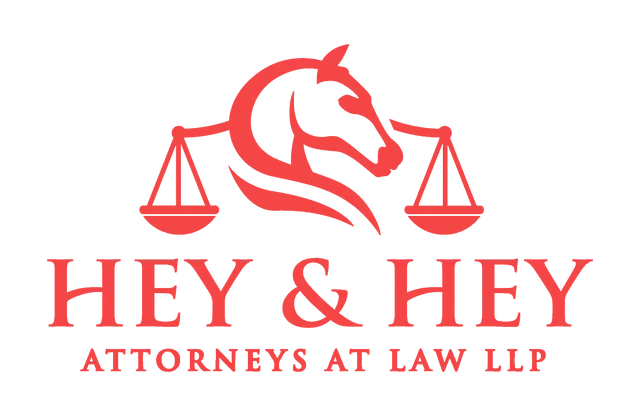Before You Buy That Horse, Make Sure the Seller Actually Owns It
In California, horses don’t come with titles like cars, and there is no public registry to prove ownership. You could spend thousands on a horse, only to discover that the seller didn’t legally own it. A leased horse, hidden debt, or a prior owner’s claim could cost you the horse, your money, and months of stress. Confirming the seller’s legal right to sell is essential for a secure purchase.
Jane’s Costly Lesson
A California horse enthusiast, Jane paid $20,000 via wire for a mare, relying on a handwritten bill of sale from sellers who had owned it for just a few months. Planning to ride casually, she didn’t check its history right away. A year later, when she tried transferring ownership, she discovered multiple registrations and a claim from an owner two sales prior who insisted she never sold the horse. Jane’s year-long legal battle settled with significant legal fees and stress, which could have been avoided with upfront ownership checks.
How to Confirm Ownership
Protect yourself with these steps:
- Gather Ownership Records:
- Request a bill of sale from the seller, showing their name and the previous owner’s signature.
- Check veterinary records to confirm the seller is listed as the owner.
- Obtain breed registration papers and check federation records (e.g., American Quarter Horse Association, United States Equestrian Federation). Call the registries directly to verify that the seller is the current owner.
- Ask the Right Questions:
- How did you acquire the horse? Was it purchased, leased, or gifted?
- How long have you owned it? Short ownership, like Jane’s sellers, may signal issues.
- Can you provide the horse’s registration certificate and full ownership history?
- Spot Red Flags:
- The seller demands cash or Zelle payments without a paper trail.
- Records are missing, vague, or don’t match the seller’s name.
- The seller pushes for a quick sale without time for due diligence.
- Write a Strong Contract:
- Include a clause holding the seller accountable: “The seller warrants they have full legal title to the horse, free of liens, leases, or third-party claims, and will indemnify the buyer against any claims arising from the defective title.” This warranty gives you a legal claim if ownership is challenged, though it won’t prevent disputes outright.
- Consult a lawyer to review or draft your contract.
Common Pitfalls to Avoid
Watch for these scenarios that often cause ownership disputes:
- Liens (Debts): Unpaid bills (e.g., boarding) can lead to a lien. Request a lien release or a statement from the seller’s barn confirming no debts.
- Multiple Registrations: Fraud or sloppy paperwork can cause multiple registrations, as in Jane’s case. Verify the current registration and cross-check with vet records.
- Disputed Ownership: Undocumented sales can prompt prior owners to claim the horse. Insist on a clear chain of ownership via bills of sale.
- Oral Leases: Boarding barns may have informal lease agreements. Require written proof of ownership or lease termination.
- Abandoned Horses: An owner may return years later to claim an “abandoned” horse in a boarding barn. Ask for documentation of ownership or abandonment proceedings.
- Verbal Gifts: A horse “gifted” without paperwork can spark disputes. Ensure a written transfer of ownership.
Your Ownership Checklist
Before you buy:
- Collect bills of sale, vet records, and registration papers.
- Call the breed registry (e.g., AQHA, USEF) to confirm the seller’s ownership.
- Ask how the seller acquired the horse and for how long.
- Look for red flags like cash-only deals or missing records.
- Include a warranty of title in the contract.
- Consult a lawyer for high-value or complex purchases.
Stay Ahead of Trouble
Confirming ownership prevents disputes and ensures you can register, show, or resell the horse without issues. It saves you from legal battles, financial loss, and the emotional toll of losing a horse you’ve bonded with, as Jane experienced. Ask tough questions, demand written proof, and avoid verbal promises. A little effort now brings peace of mind and a secure investment for years.
Need Advice?
Hey & Hey helps California horse buyers make informed purchases. If you have questions about a horse sale, reach out. We’re here to help you enjoy your new horse with confidence.


